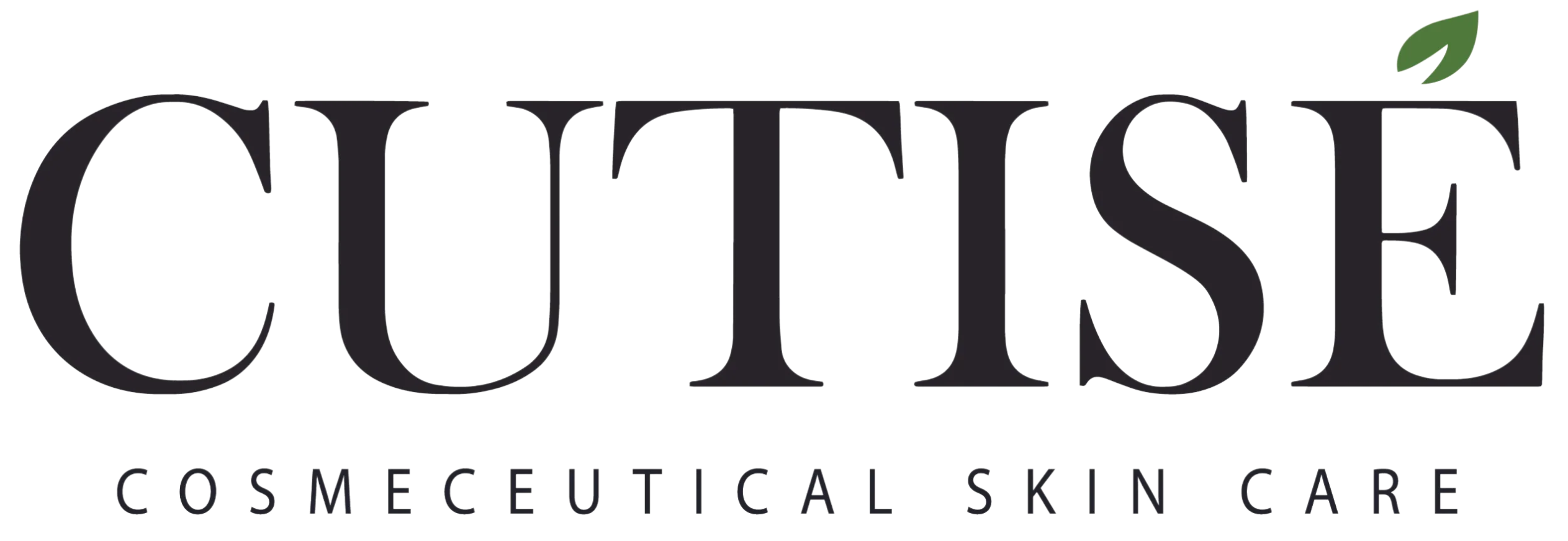Vital Role of Sunscreen in Skincare

In a world where healthy aging is all the rage, taking care of our skin and keeping it safe from harmful stuff is more important than ever. One big culprit we can't ignore is the sun. Research shows that about 90% of skin cancer cases are tied to too much sun exposure, and sun damage is the top reason for premature aging. So, to keep our skin safe, it's key to understand different types of sun rays and why sunscreen is a must in our skincare routine.
Sunlight has several types of rays, but two are the main offenders: UVA and UVB rays. UVA rays go deep into the skin, causing early aging and increasing the risk of skin cancer. UVB rays, on the other hand, hit the surface layers of the skin and are what cause sunburn.
To protect against these harmful rays, using sunscreen every day is crucial. Sunscreens work by either blocking or absorbing UV rays. When picking a sunscreen, make sure to go for a "broad spectrum" one. Some sunscreens only protect against UVB rays, but a broad spectrum sunscreen shields you from both UVA and UVB rays.
There are two main types of sunscreens: physical and chemical. Physical sunscreens use ingredients like titanium dioxide or zinc oxide to physically block UV rays. Chemical sunscreens contain ingredients like octyl salicylate, which absorb UV rays and turn them into heat that the skin then releases. Chemical sunscreens are often lighter and less likely to leave a residue, but physical sunscreens might be better for dry or sensitive skin. People with acne-prone skin usually do well with chemical sunscreens.
To check how well a sunscreen protects you, look at two main ratings. SPF (Sun Protection Factor) is the most common one and shows how much longer your skin will take to burn compared to not wearing sunscreen. PA value, often used in Asia, measures how well the sunscreen protects against UVA rays based on a specific test.
For good protection, choose sunscreens with at least SPF 30 or PA+. An SPF 30 sunscreen means you’re protected from burning for 30 times longer than if you weren’t wearing any. PA+ means it offers some UVA protection. Higher SPF and PA+ ratings give more protection, but remember, no matter the rating, you need to reapply sunscreen every two hours when you’re outdoors.
In our quest for healthy aging, keeping our skin protected from the sun is a game-changer. Sunscreen is a key player in blocking those damaging rays, preventing premature aging, and lowering the risk of skin cancer. So, make applying sunscreen a daily habit and enjoy the benefits of healthy, glowing skin for years to come!
Disclaimer: The content above is provided for informational purposes only. It doesn't imply any therapeutic effects and it should not be taken as professional medical advice.









